Menu
Menu


Stop Poaching Now! (SPN) is dedicated to wildlife conservation, the fight to combat poaching by supporting and coordinating community based conservation efforts, and the use of education to reduce the demand for illegal wildlife products.
Robust, effective, and accountable conservation programs require four pillars for success: protection through anti-poaching efforts, education for behavioral change, effective conservation action, and the empowerment of local communities. Since 2015, SPN has raised USD $750,303.11 in support of these objectives and provided essential funding to a wide network of boots-on-the-ground grassroots organizations and partners to drive and sustain conservation efforts. Whether achieved through our education programs or by supporting frontline anti-poaching efforts, the generous support from our growing donor base, and sponsor network we have built SPN’s fundraising goals year after year. The generous contributions made have and will always go directly towards education, conservation, and protection of species affected by poaching and the illegal wildlife trade. From the pandemic, SPN’s Global E-Race was born using virtual fundraising.
This model brought together additional global beneficiaries to SPN’s reach. Many organizations struggled to keep operations going due to the lack of funds during this difficult time. With tourism at a stand still, which brought in the majority of their revenue, organizations were left in a very difficult situation as tourism played a big part in sustaining their operating income. SPN and its supporters successfully acted, accomplishing goals and expectations. SPN is developing an even stronger foundation to be able to reach and bring together more beneficiaries from across the globe, as we work together to make the change we want to see in our world.
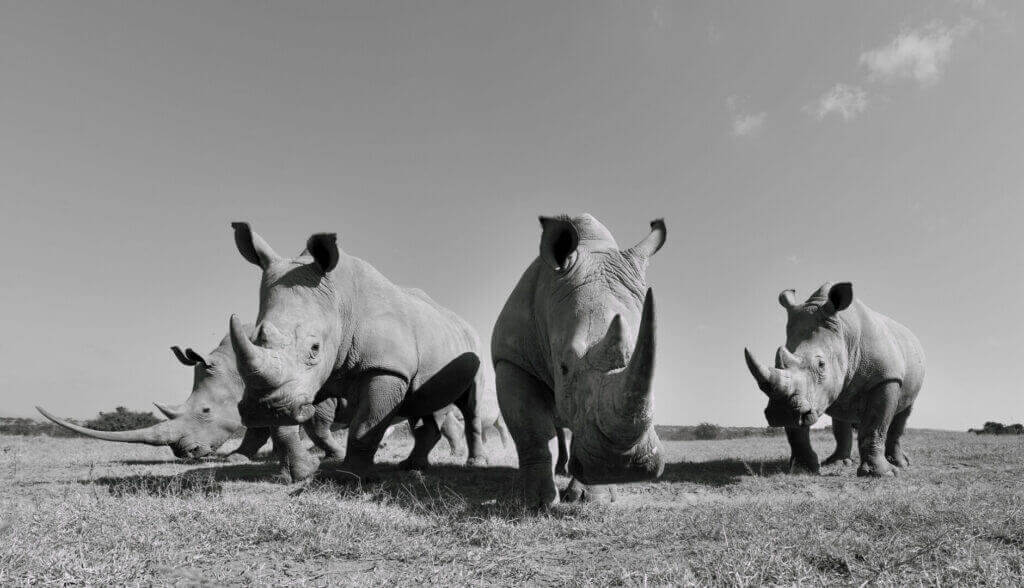
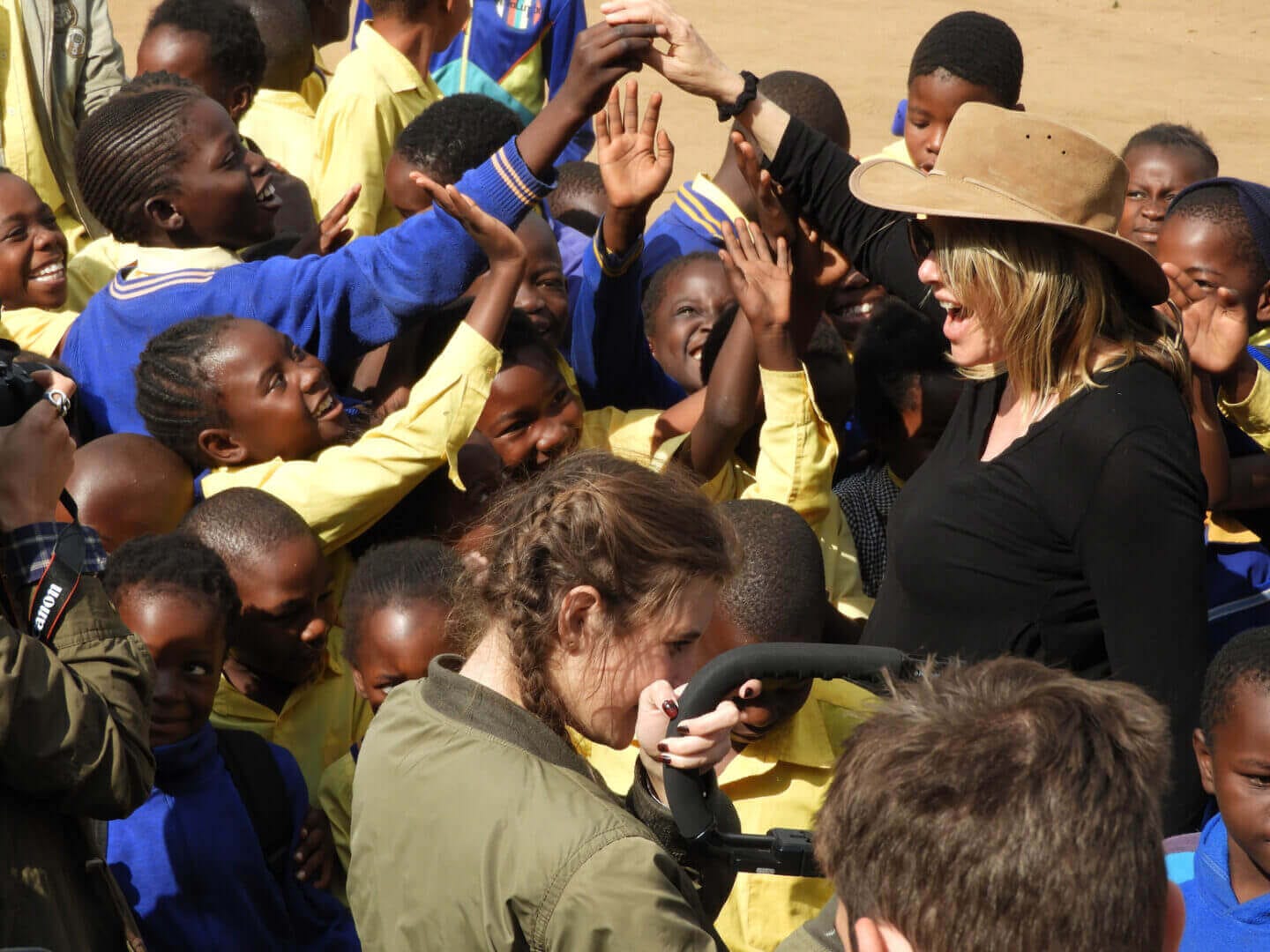
COVID-19 pandemic years 2020-2021 will go down as one of the hardest times ever for conservationists. Without tourism, poaching dramatically spiked globally.
SPN’s reached spanned further during this time with the introduction of new beneficiaries to our network. A total of 7 partner organizations will now benefit from SPN: Aaranyak, Rhino 911, Ulinzi Africa Foundation, Blood Lions, Project Rhino, Game Ranger’s International and The Soft Foot Alliance.
These critical times with the constraint of movement due to the pandemic came with a new set of challenges for us. With challenges comes opportunity, and we therefore introduced the Global E-Race initiative to take our fundraising efforts online. As an organization we are grateful to all our supporters who stepped up to the challenge and made our years a success. We are currently in the process of resuming our Global Conservation and Education Program (GCEP) once schools re-open and restrictions are lifted.
Education remains at the core of our mission and your ongoing support has now impacted the lives of thousands of students and together we empower them to become the next generation’s wildlife protection warriors.
Thank you to everyone who helped us forge ahead and accomplish our mission: to PROTECT and EDUCATE. In conjunction with our commitment to fund targeted conservation and anti-poaching efforts, we now have our ultimate goal clearly in sight: to end poaching and the illegal wildlife trade.
Thank you!

Founder & President, Stop Poaching Now
Anti-poaching rangers are a critical frontline defense against both poaching and the illegal wildlife trade. SPN provides financial support to on-theground partners, such as the International Anti-Poaching Foundation and Ulinzi Africa Foundation that train, equip, and deploy highly skilled rangers so that they can effectively combat poaching and protect wildlife.
Education is a vital component of any conservation effort and plays a critical role in creating behavioral change aimed at reducing the demand for illegal wildlife products. SPN provides transformational education programs that empower youth across the United States, Africa, and Asia to become active and effective wildlife conservation ambassadors.

Conservation is a team effort and requires a dedicated and collaborative network of experts and frontline organizations. SPN drives its conservation mission forward by supporting community-based conservation organizations such as South Luangwa, Conservation Lower Zambezi, Project Rhino and Aaranyak.
Successful conservation requires community engagement and SPN is delivering projects that build better lives in rural communities across Africa. Our programs focus on fostering female empowerment, environmental protection, and behavioral change that reduces wildlife poaching for both the bushmeat and illegal wildlife trade.
The poaching crisis continues and requires immediate and effective action to protect endangered species. Now, driven largely by international criminal organizations, the scale of this epidemic is alarming and, if unchecked, represents a significant extinction risk for many of the planet’s most magnificent and iconic wildlife species. Through our four pillars, SPN is striving to end poaching and eliminate the trade in illegal wildlife products.
During the pandemic, the lack
of travel has caused tourism
dollars to sharply decline. As
rangers lost their jobs, the
animals became more
vulnerable, and poaching rates
spiked. By the time the virus is
under control, the populations
of many species could well be
significantly reduced.
Immediate and effective action
is needed to protect wildlife
from poaching. We strive to
reverse the dramatic declines
in keystone species.
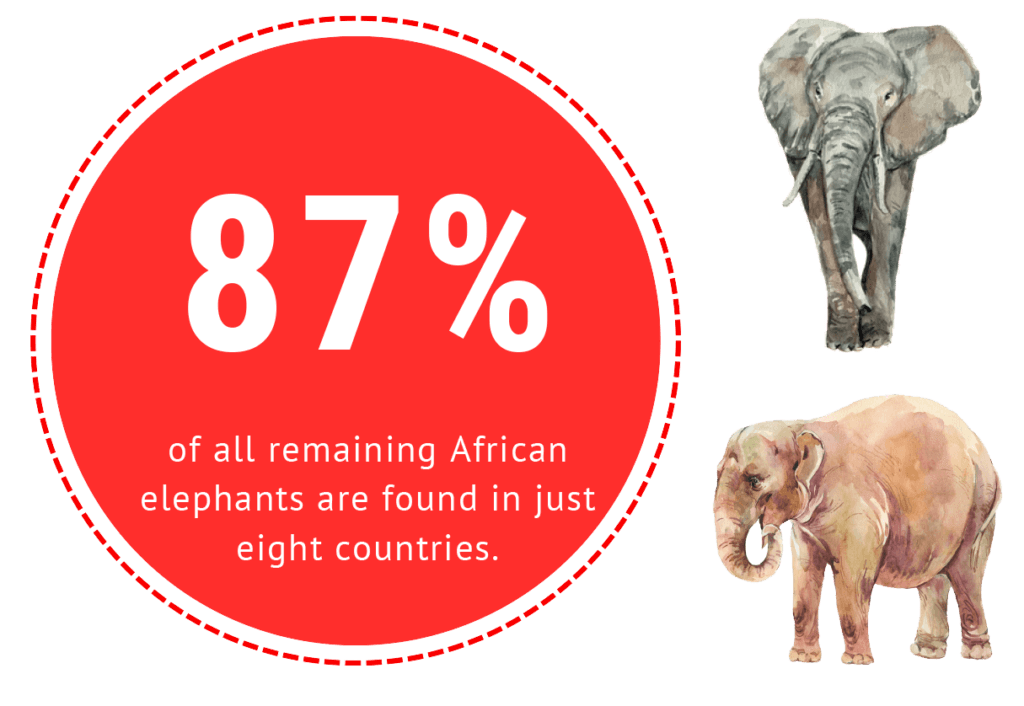
The illegal trade in ivory is big business and to a large extent is now run by international criminal organizations. Recent seizures of illegal ivory headed for Asian markets illustrates the ongoing and devastating scale of the demand. In July of 2019, 9.7 tons of ivory were seized in Singapore. In March and April of 2019, 10 tons of ivory were seized in Vietnam and 8.3 tons were seized in China.
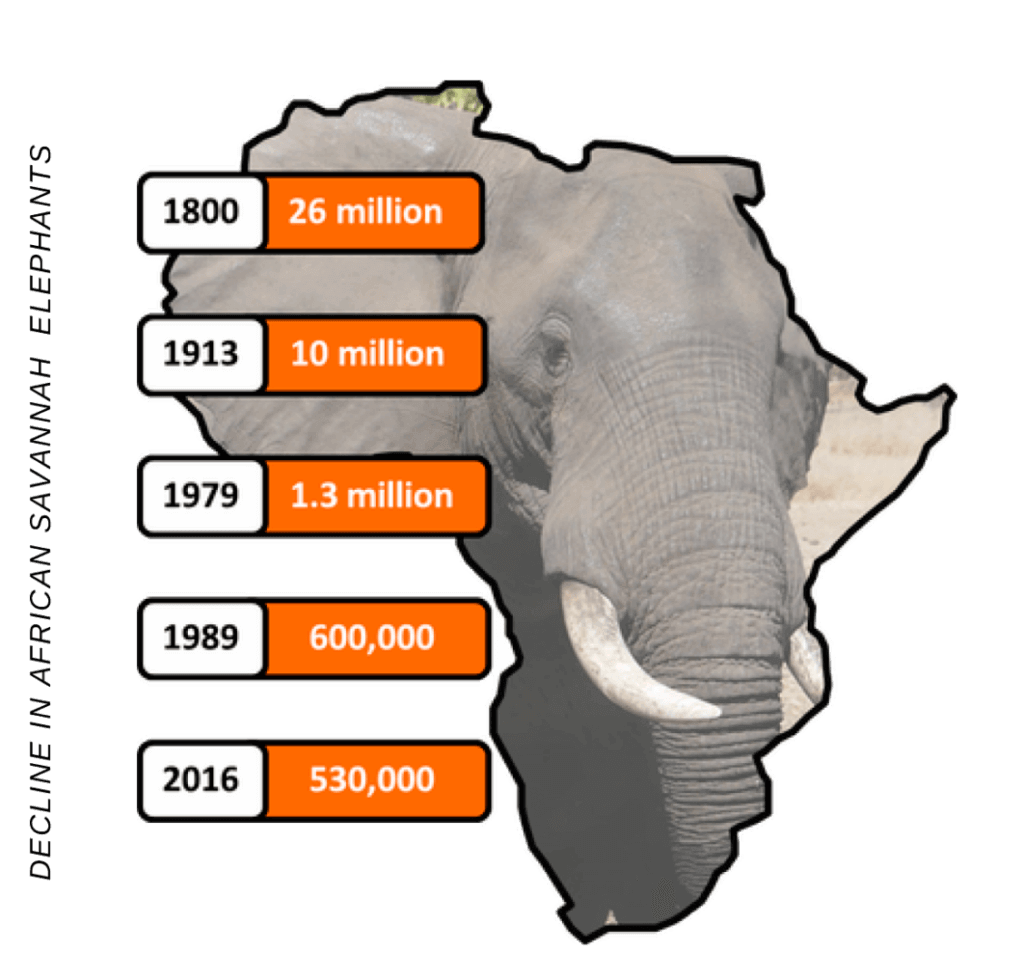
There are three recognized species of elephants, the Savannah, the Forest (both in Africa), and the Asian. Over the last 100 years, there has been a widespread and catastrophic decline in elephant numbers for all three species. Between 2006 and 2016 alone, nearly 120,000 Savanna elephants were lost, primarily due to poaching. Between 2002 and 2011, over 60% of Forest elephants were wiped out. The status of Asian elephants is equally alarming, and they have been reduced to fewer than 50,000 individuals in the wild.
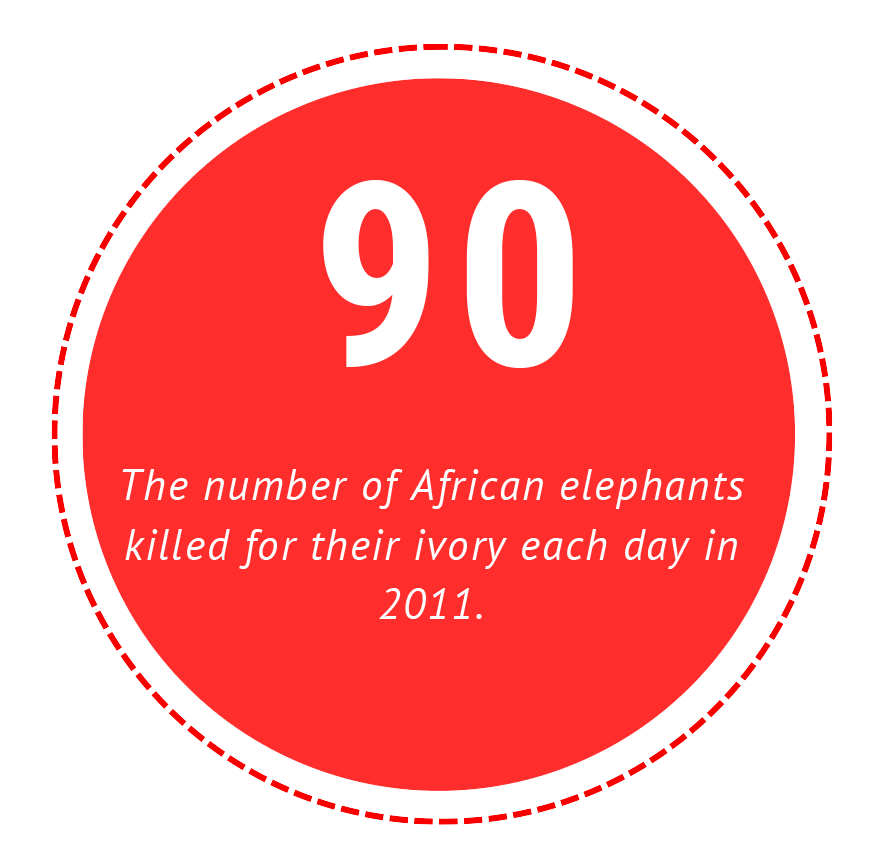

Illegal poaching to supply the ivory trade remains the greatest threat to both African and Asian elephants.

Habitat loss and fragmentation is forcing elephants into significantly smaller portions of their previous range.

Agricultural expansion and new settlements in elephant habitats are increasing human-elephant conflict.
There are five living species of rhinoceros, three in Asia and two in Africa. The African black and white rhino species were once widely distributed across the continent but the vast majority (95%) are now found in just four countries: South Africa, Namibia, Kenya, and Zimbabwe.
In Asia, the greater one-horned, Javan, and Sumatran rhinos are at serious risk of extinction with the Javan and Sumatran rhinos each having fewer than 100 individuals left.
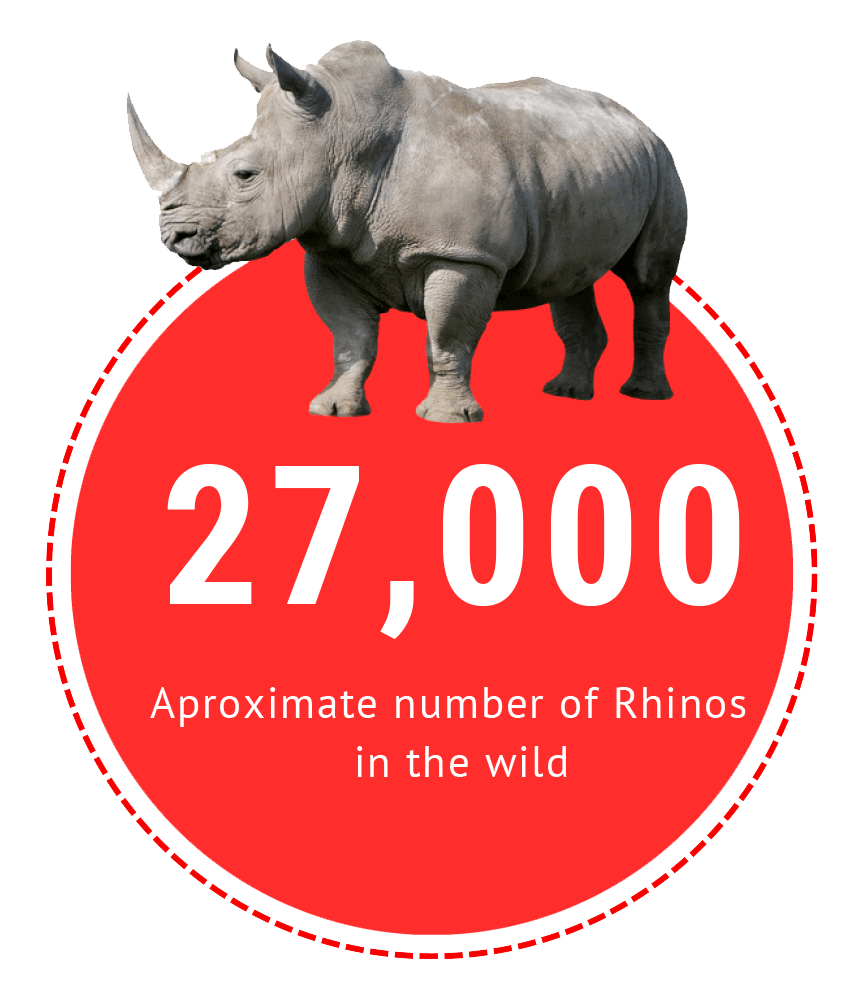
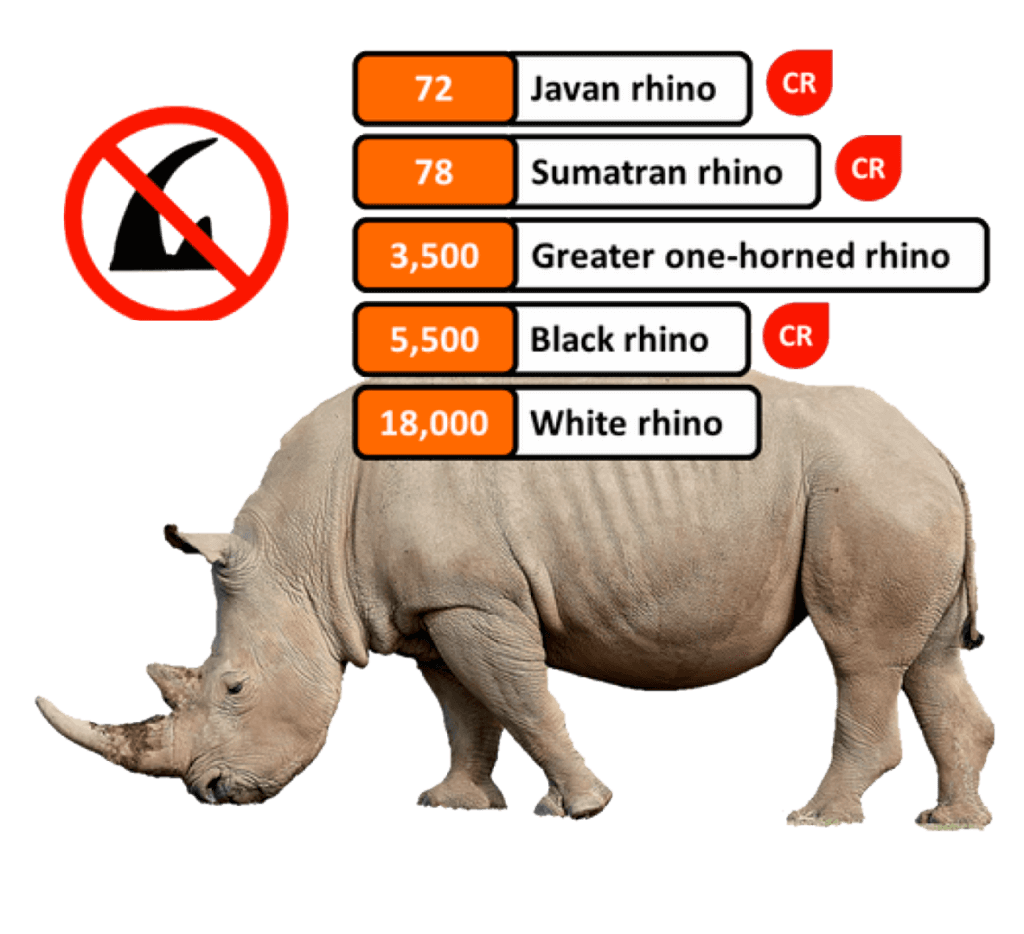
The demand for rhino horn is driven largely by the myth that it has medicinal value. Just like our own hair and nails, rhino horn is made of a protein called keratin and has no medical efficacy whatsoever. Vietnam and China remain key consumer markets for illegal rhino horn where it is used in ‘traditional’ medicines.
According to the The International Union for Conservation of Nature’s Red List, three rhino species are now critically endangered (CR). Two Asian species are truly on the brink of extinction with the Javan rhino consisting of just a single population in Ujung Kulon National Park in West Java, Indonesia.

Poaching for their horn is the greatest threat to rhinos in both Africa and Asia.

Habitat loss and degradation due to human activities is a serious threat to wild rhinos, particularly in Asia.
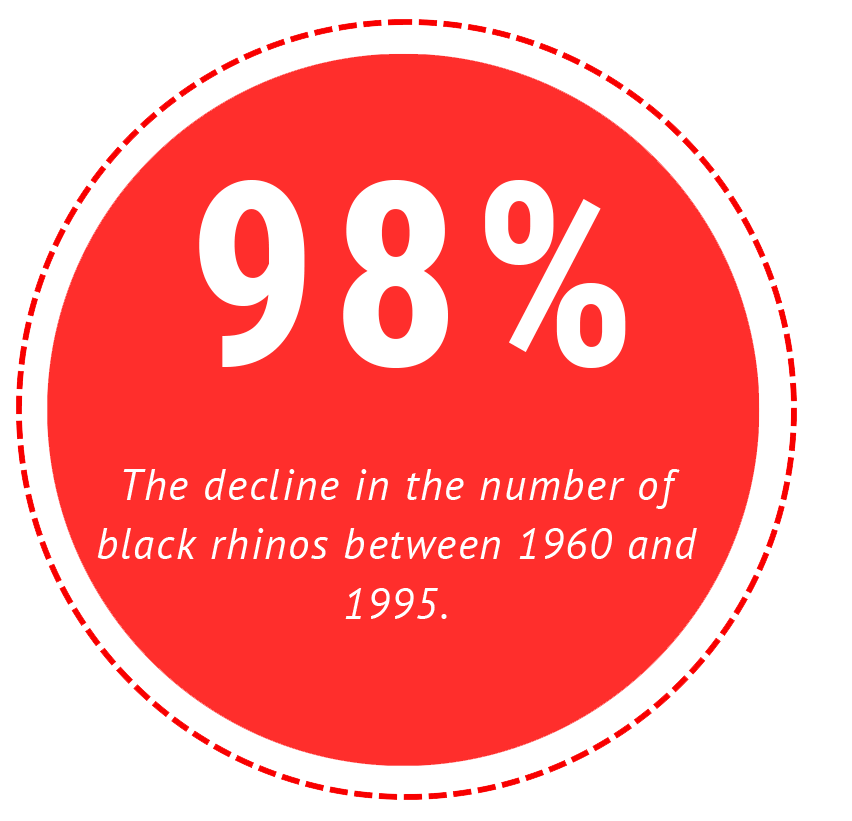
There are currently six living tiger subspecies, three were driven to extinction in the 20th century. For all tiger subspecies combined, there are estimated to be just 4,000 wild tigers left on the planet. They are found in 13 countries, but 70% of all the wild tigers left are now found in just one country, India. Tiger populations in other countries are highly fragmented and under intense extinction pressure due to poaching and the loss of suitable habitat.
According to the The International Union for Conservation of Nature’s Red List, three tiger subspecies are currently endangered (E) and three are critically endangered (CR). The South China tiger is critically endangered but is now also thought to be extinct in the wild.

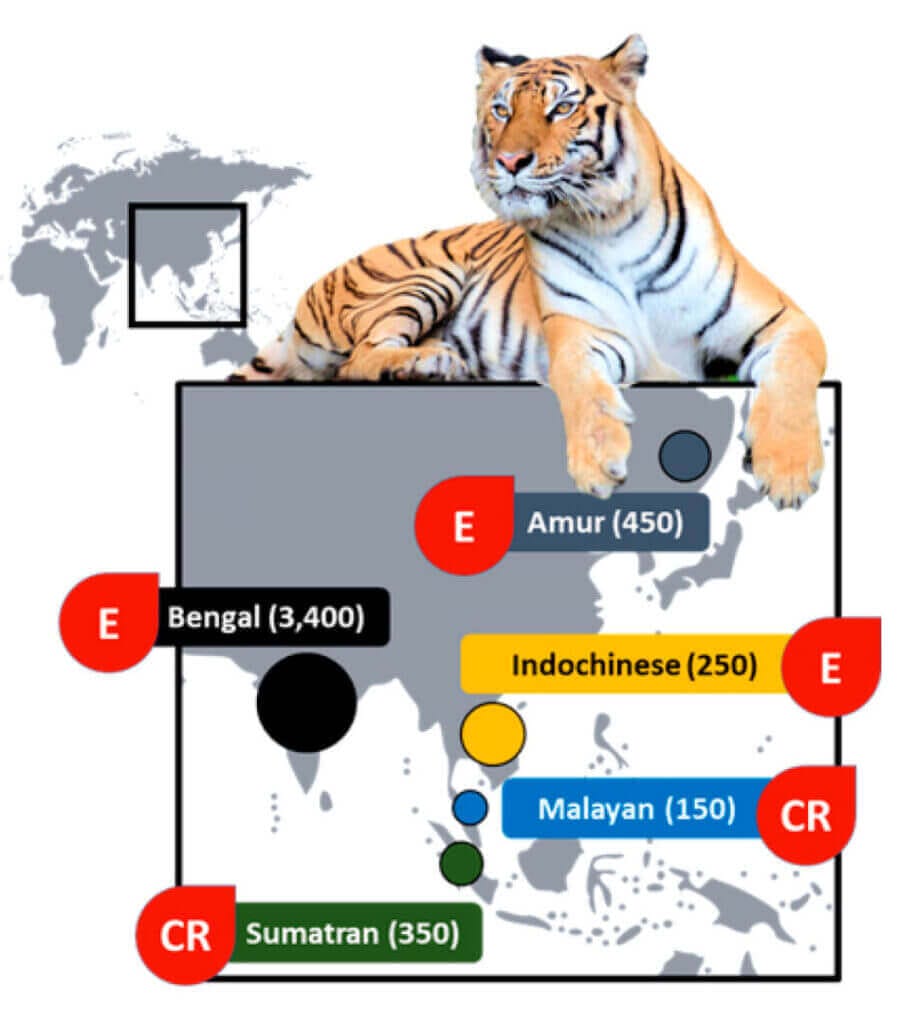
There are currently six living tiger subspecies, three were driven to extinction in the 20th century. For all tiger subspecies combined, there are estimated to be just 4,000 wild tigers left on the planet. They are found in 13 countries, but 70% of all the wild tigers left are now found in just one country, India. Tiger populations in other countries are highly fragmented and under intense extinction pressure due to poaching and the loss of suitable habitat.
According to the The International Union for Conservation of Nature’s Red List, three tiger subspecies are currently endangered (E) and three are critically endangered (CR). The South China tiger is critically endangered but is now also thought to be extinct in the wild.


Poaching for the illegal trade in products including skins, bones, and teeth remains the greatest threat to tigers.

Tigers now occupy just 7% of their former range due to habitat loss, fragmentation, and degradation.

Prey densities required for tigers to survive are being reduced dramatically by intensive and illegal hunting.
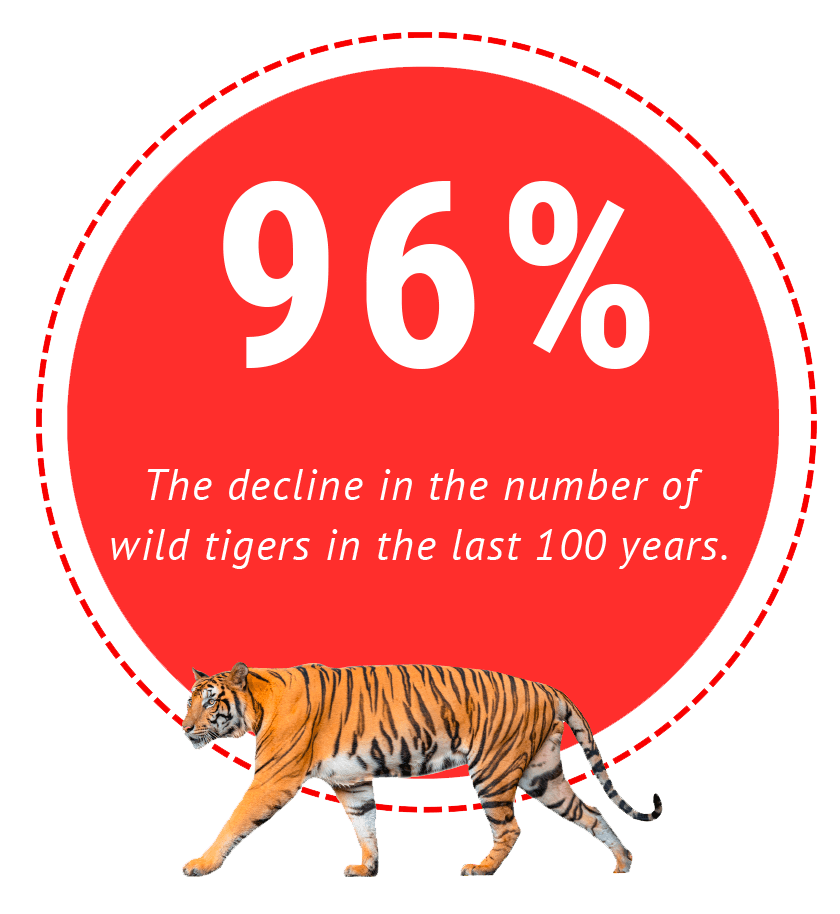
There are now more tigers on “tiger farms” in East and Southeast Asia than there are in the wild. Their intent is to supply tiger body parts or derivatives to illicit markets. A growing industry, there are now 200 of these “farms” in operation, roughly three-quarters of them located in China.
The money raised from GLOBAL E-RACE EXTINCTION & other fundraising initiatives supported boots-on-the-ground organizations that spend every day fighting the poaching crisis and to our GCEP education programs. SPN and its supporters acted. Throughout the events, SPN hosted numerous fundraisers for event goers and E-Racers to enjoy. We exercised with fellow animal lovers, and hosted insightful panels led by conservationists and celebrities alike.

We strive to stop the poaching crisis and create long-term sustainability solutions for communities, thus safeguarding jobs for the African and Southeast Asian tourism industries estimated $339+ billion combined.
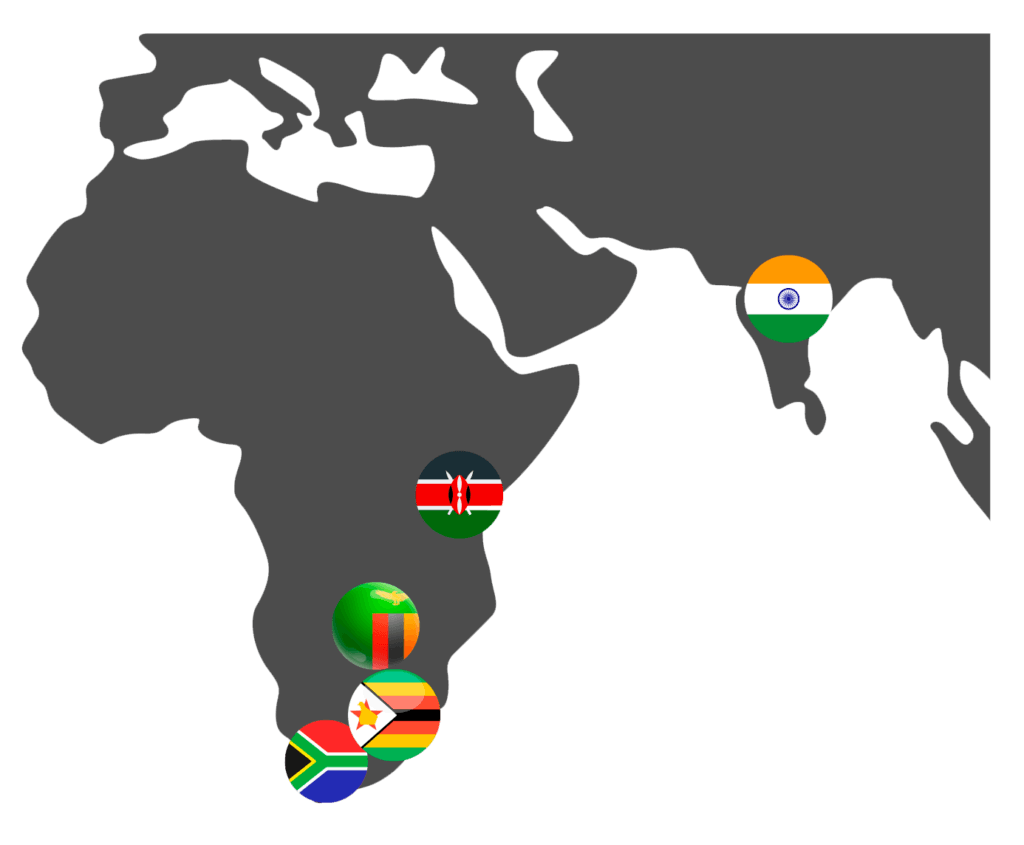
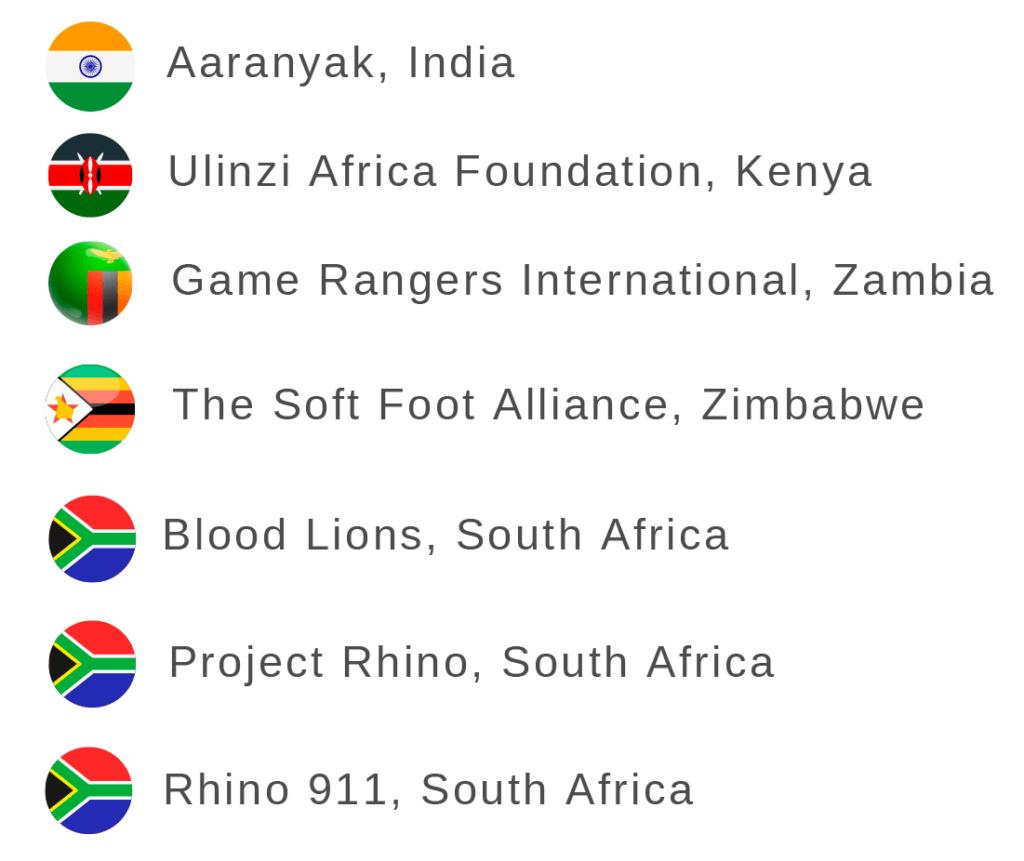










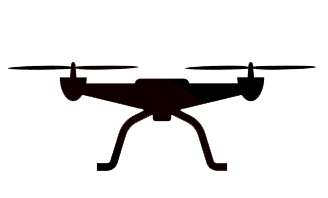
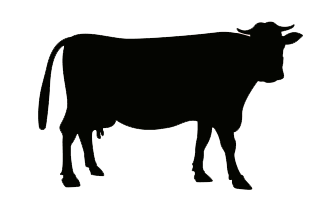


Aaranyak’s mission is to foster conservation of biodiversity in Northeast India through research, environmental education, capacity building and advocacy, for legal and policy reform to usher a new era of ecological security. Since 1989, with 33 years in conservation, research efforts for elephants, rhinos, primates, herpetofauna, the Gangetic Dolphin and tigers are under Aaranyak’s radar. Various plant species, forests, water bodies, mountains intricately link to the local communities within the regions who are working to reduce human wildlife conflict which is an ongoing threat. Initiated in 2005, the Tiger Research and Conservation Initiative (TRCI) is one of the flagship initiatives of Aaranyak actively engaged in applied research and conservation of tiger, prey animals and their habitat.

Game Rangers International (GRI), Zambia, is a non-profit organization established in 2008. GRI works in close partnership with the Department of National Parks and Wildlife (DNPW) and Wildlife Veterinary Unit. GRI embraces a holistic approach to conservation with three core thematic areas. Resource Protection, Community Outreach, and Wildlife Rescue. In 2007, GRI’s efforts began with the establishment of the GRI Elephant Orphanage Project. Over the years the project has grown to support a number of additional species. The elephant orphanage remains GRI’s primary project with an elephant nursery in Lusaka and a release facility in the Kafue National Park; here the orphans are gradually reintegrated back into the wild.
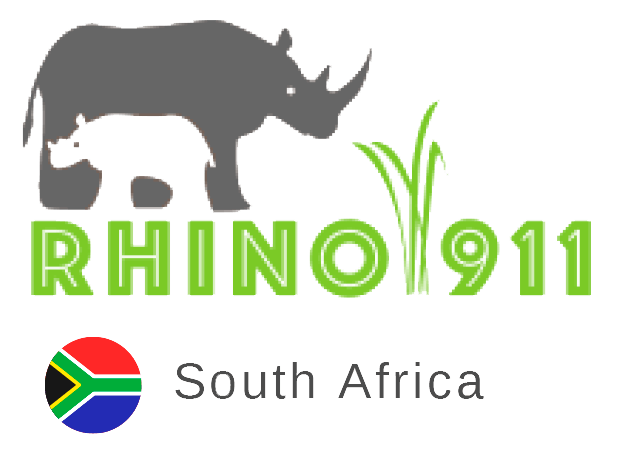
Rhino 911 provides emergency helicopter rescue to rhinos injured or orphaned due to poaching and other injuries. They use every available resource to ensure that rhinos do not fade away into a memory, like so many other animals that have become extinct. Rhino 911 invests in a future for rhinos, not only in South Africa, Sou but in countries around the world.

Blood Lions is an organization based out of South Africa, their ongoing political campaign is to put a stop to the commercial captive predator breeding industry. This industry does not support conservation of lions in the wild. Currently, anywhere between 8,000 and 10,000 predators, possibly more, are being held in small enclosures on 300+ captive predator facilities across South Africa. There is growing scientific evidence to suggest that the captive lion breeding industry in South Africa poses a real and serious health risk, to thousands of tourists, industry workers and local communities from Zoonotic diseases. Blood Lion’s latest campaign is #CancelCaptivity with the ultimate goal to bring an end to the commercial captive breeding and keeping of lions and other predators in South Africa.
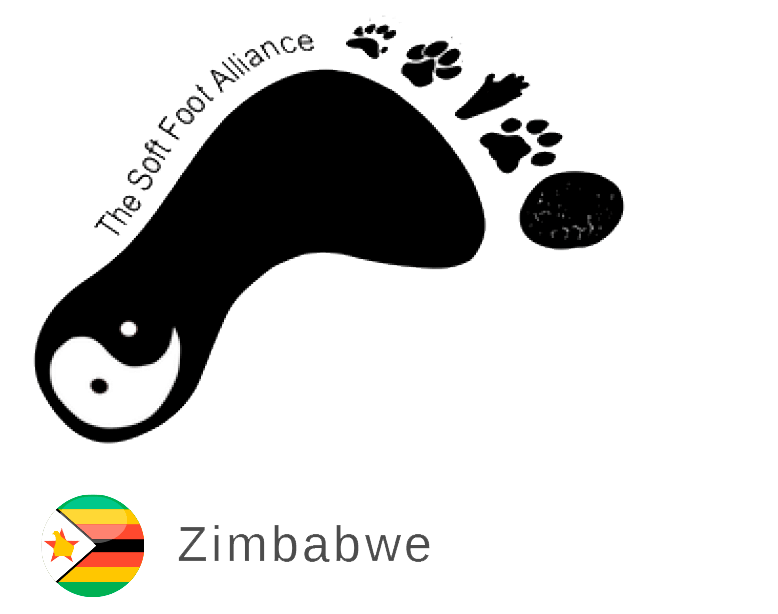
The Soft Foot Alliance (TSFA) located in Mabale Hwange, Zimbabwe was created to address human-wildlife conflict in a way that works for both people and animals. TSFA is testing new techniques empathetic of people’s needs, wildlife needs, and environmental needs. Through honoring traditional wisdom, new knowledge, active participation, training, determination, and compassion TSFA is working towards restoring and regenerating their ecosystem. The aim is to create sustainable conditions for both people and animals to co-exist on the same landscape, developing a respectful balance once had with the natural world. The TSFA vision is to develop various community-based initiatives in permaculture, rainwater harvesting, beekeeping, holistic land & livestock management, and the development of the Rocket Stove. TSFA aims to make meaningful, long-term changes to people’s behavior in terms of their relationships with the predators and crop raiders that share community lands, looking at the situation from the people’s perspective first.
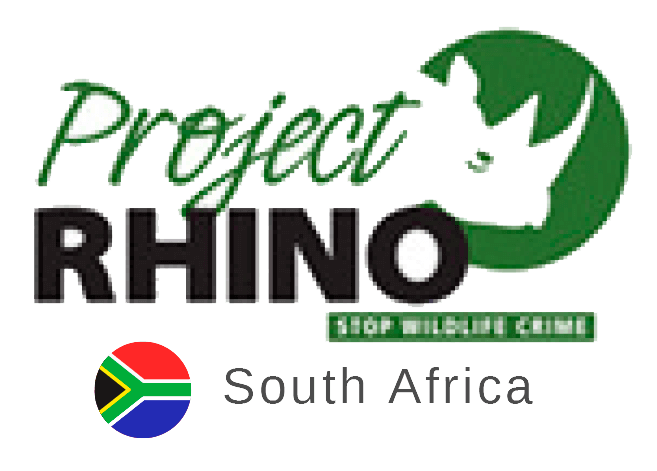
Project Rhino is motivated by the dream of the rhino species thriving in KwaZulu-Natal and far beyond, forever free, and protected from poaching. Today, they strive to protect the world’s last remaining African rhino species so that tomorrow they will still continue to play their vital role in our continent’s irreplaceable ecosystems, and contribute to our fundamental reliance on the natural environment. Project Rhino was launched on World Rhino Day, 22 September 2011. It is a rhino focused association that brings together a provincial government conservation body, private and community-owned reserves, conservationists, and anti[1]poaching security specialists with the common goal of fighting crime. Project Rhino initiatives range from urgent anti-poaching and wildlife crime interventions, to a long-term outlook focused on developing empowered communities who own, manage, and protect the Conservation Economy.
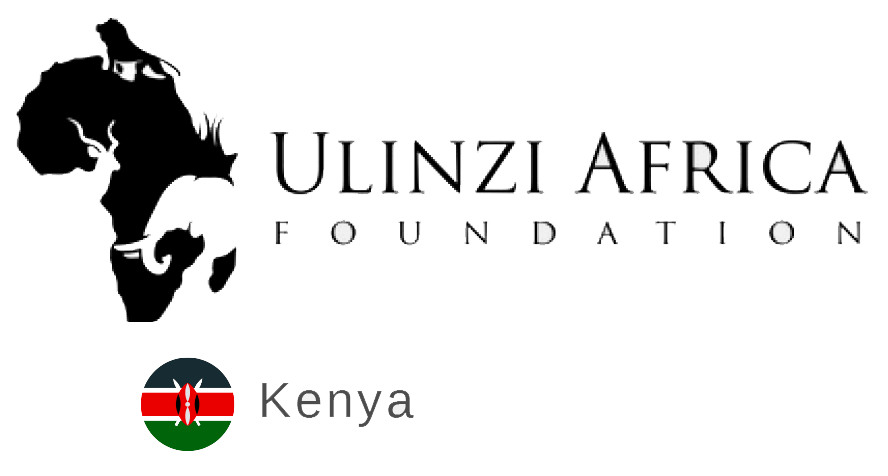
Ulinzi Africa Foundation was founded in 2014 by Raabia Hawa, a well known Kenyan media personality turned conservationist. Raabia’s passion for wildlife shone through during what she termed, the ‘dark years’. Between 2011- 2015, ivory poaching was rampant in the East African region. With Tanzania losing on average 30 elephants every day, and Kenya’s mortality standing at an average of 8-10 elephants poached per day; the situation was dire. Working primarily in Kenya’s Tana Delta ecosystem, Ulinzi’s projects focus on anti-poaching, safeguarding critical habitats, engaging with local communities to sensitize them on the importance of wildlife and environmental preservation; and ensuring rangers all across Kenya are better equipped and trained in critical life-saving first aid and field communication and tracking skills. They also respond to any reports of injured or trapped wildlife in urban areas as well as rural zones.
SPN believes that education is the most effective way to promote environmental sustainability, create long-term behavioral change, and encourage youth to embrace a sense of personal responsibility and stewardship for the natural world. The inspiration for the School Assembly Program started within our own community. It brings world-renowned conservationists, such as the late Tony Fitzjon (pictured above) and Damian Mander into local schools. Continuing to grow, SPN now has five education programs in the United States alone.
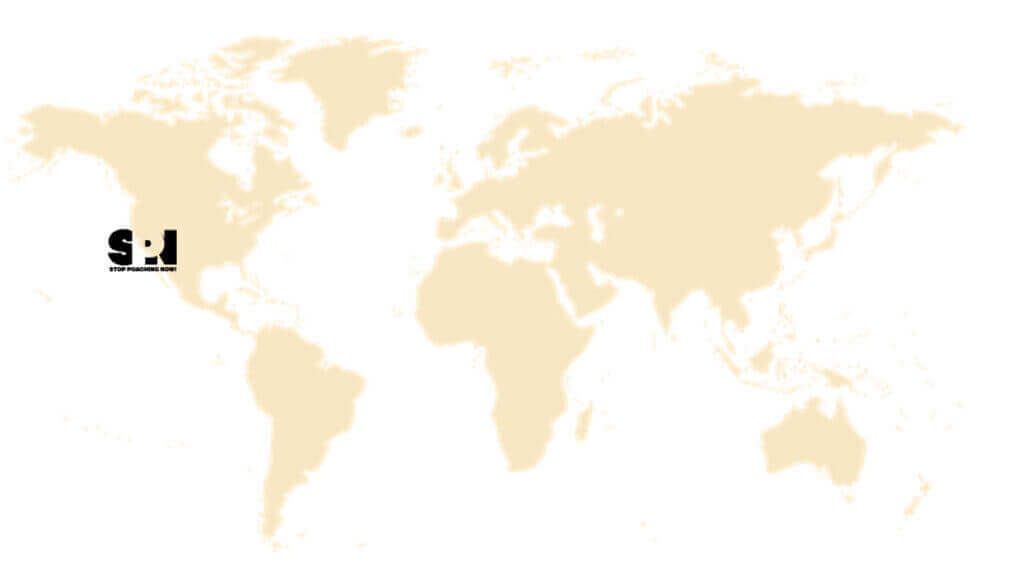
Responding to requests from teachers, this program was intentionally designed to align with Next Generation Science Standards performance expectations and fit seamlessly into STEM courses and classrooms. In partnership with Nepris, in late 2019 we launched our new Remote Classroom Visit Program that allows us to reach any classroom in the United States and we have now impacted nearly 3,000 students with our classroom programs alone.

STOP POACHING NOW! is excited to be partnering with truWILD, supporting translocation conservation efforts with the Lobiza Wildlife Reserve to prevent rhino and elephant extinction in Africa. In 2020, we raised USD $40,007.59 and in 2021 USD $18,050. By simple definition, translocation is the process of capturing, loading, transporting, and releasing these animals into a new habitat – one that is safe from poachers and has abundant land resources. Located north of Durban, in the heart of KwaZulu-Natal, South Africa, the Loziba Wilderness project will see the establishment of a 2500 hectare (61,776 acres) wilderness reserve. Loziba Wilderness Reserve will become a safe haven for wildlife and an abundant ecosystem the animals can thrive in.
For those that knew Chris Holcroft, they would all agree that his larger than life presence and warm character was felt throughout the conservation world of South Africa. His passion and support for wildlife conservation projects furthered the path towards achieving the goal of ending elephant and rhino exploitation, protecting habitats these giants call home, and ultimately securing the generations of these species to come. We would like to continue what Chris had begun, for his legacy and for the animals. Our hope is that others, like you, will be inspired to follow in his footsteps

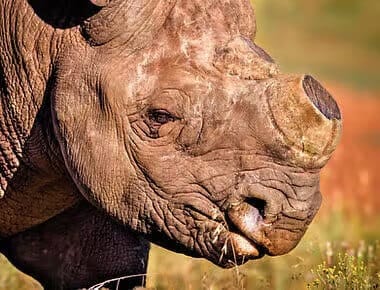
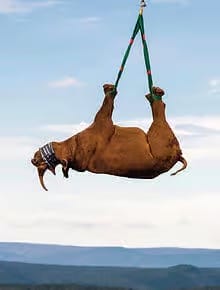
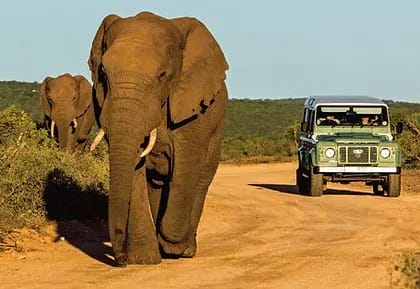


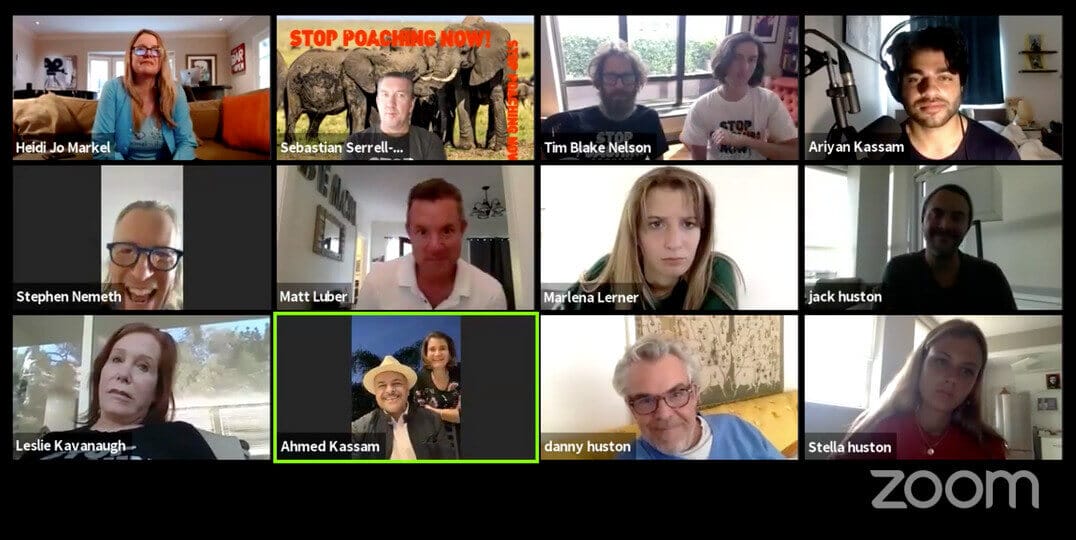
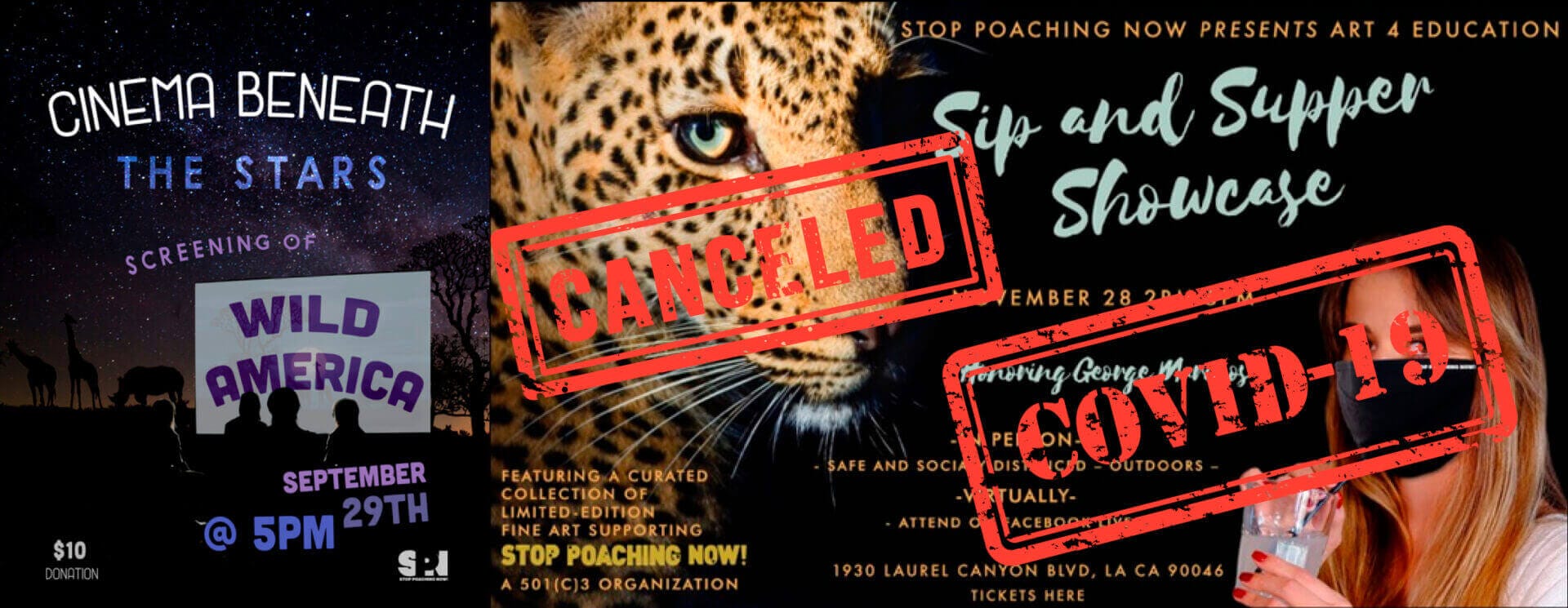
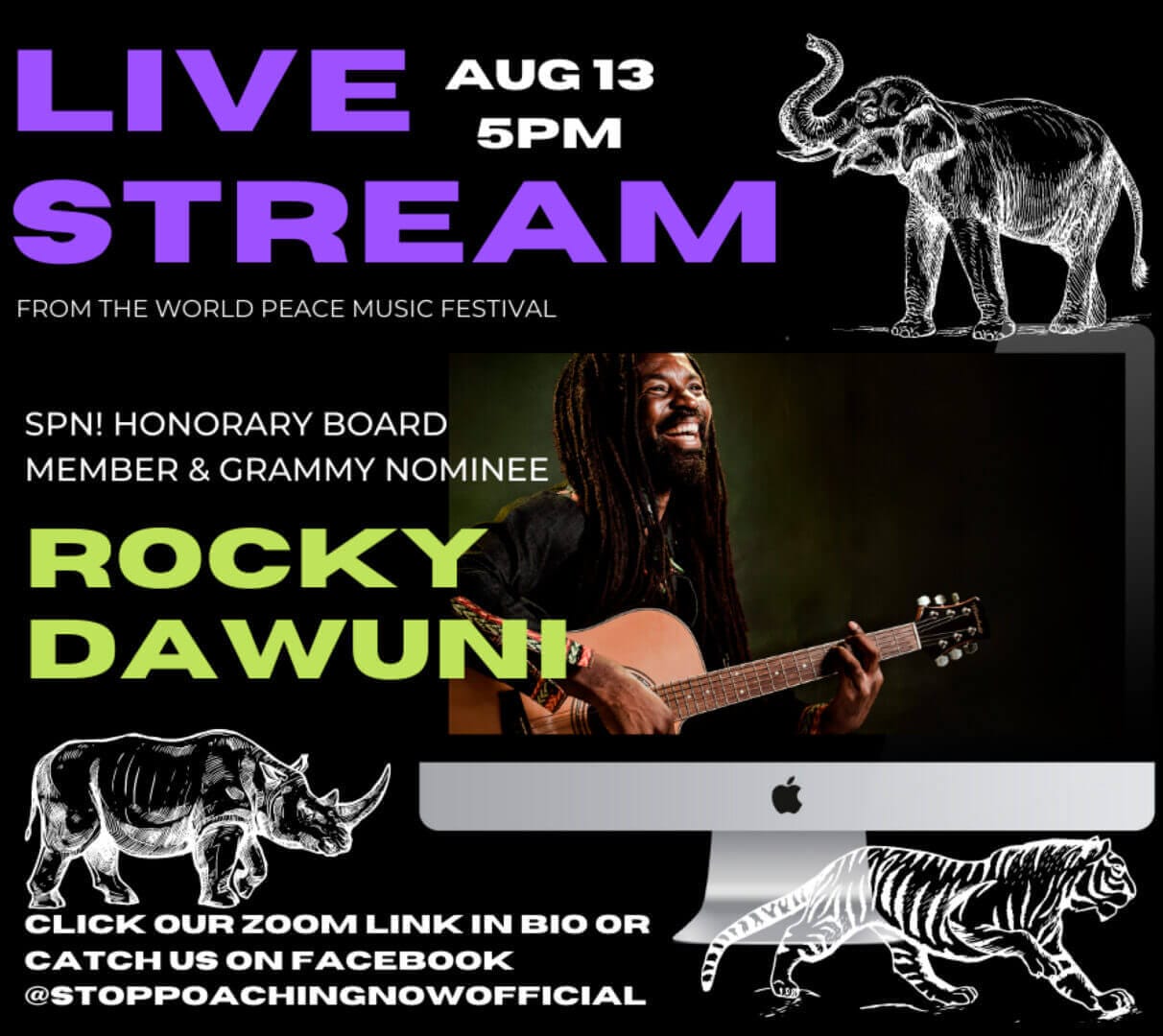
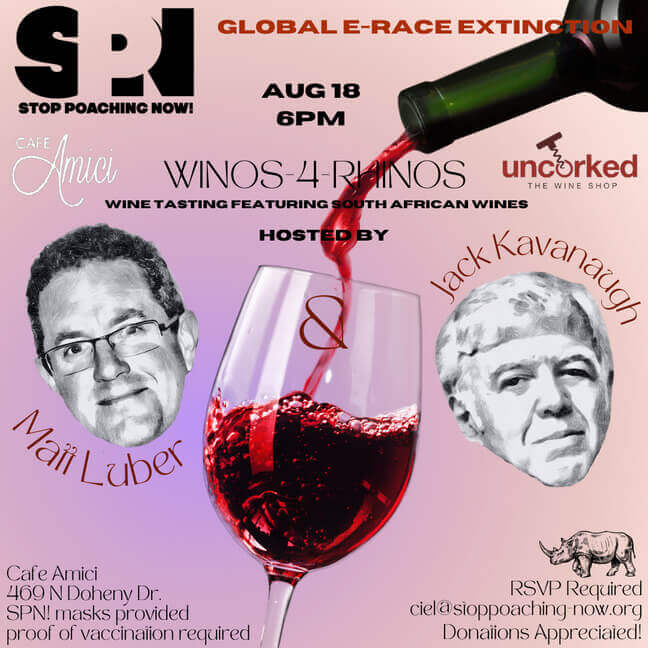

SPN to continue building a growth trajectory through the pandemic. In 2020, we launched the Global E[1]Race Extinction in order to adapt to the change caused by the pandemic and develop a structured approach to fundraising. Our aim is to reach further in global conservation efforts. The income was mainly derived from voluntary funding: individuals and major donors and corporations.
SPN recognizes there is significant potential to develop fundraising efforts from all these income streams in line with the growth and strategic vision and mission of the organization. Partnerships remained an important and integral part of SPN’s work, with shared values and joint commitment in investing in nature and the communities to ensure the two exist harmoniously. In 2022, we will be planning for the next chapter to execute landscape scale collaboration and expansion to achieve our education and conservation development goals. Resource mobilization will play an integral role as an enabler for this.
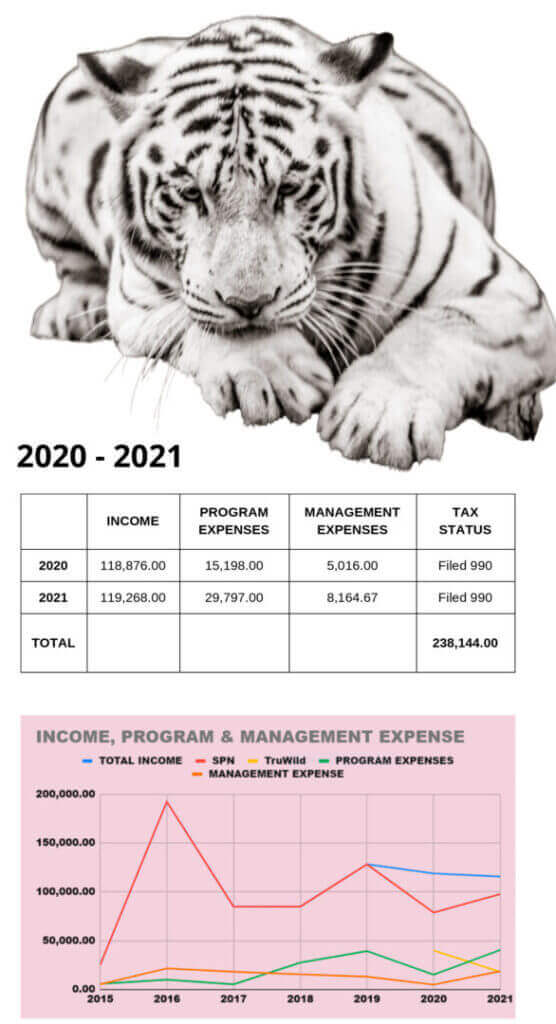
SPN will continue to fulfill its mission by supporting programs and organizations that result in effective anti-poaching and conservation outcomes. As we move forward, we are also committed to increasing our impact in the following ways:
Expand our support for world-class anti-poaching ranger training programs
Equip and deploy additional female rangers
Provide additional Ranger Dogs to frontline anti-poaching units
Continue to expand our domestic programs across the United States
Expand the reach of the Africa programs into more countries
Grow the Asia program and make inroads into Vietnam and China
Continue to support the rescue and rehabilitation of orphans
Provide additional support to on-the-ground conservation organizations
Expand our network of frontline conservation partners
Implement female empowerment and girl-focused education programs in Africa
Provide funds to create community-based development projects
Expand our support for human-wildlife conflict mitigation initiatives

When you make a donation, volunteer your time, or participate in one of SPN’s fundraising events, you can be confident that you are helping an organization that is committed to protecting wildlife and dedicated to combatting both poaching and the illegal wildlife trade. The support of our donors and sponsors plays a vital role in being able to achieve our goals and is essential for the success of our on-the-ground conservation partners. If you’re ready and willing to join the fight, there are several ways that you can help.
As someone who is aware of the poaching problem, and the steps that must be taken to stop it, you have the power to help protect these animals. By passing along this information, you can bring awareness, energy, and passion to this fight.
SPN relies heavily on donations to carry out its mission and fund our conservation and education programs. Contact us to see how you can become a valued supporting member of our community and add your voice to this wonderful cause. For corporations, we also have a number of sponsorship packages available.
SPN’s network of amazingly talented and dedicated volunteers is the driving force behind the organization. By relying on their generosity, time, and skills, we can both maximize our reach and get the financial support to where it is needed the most and will have the greatest impact – the anti-poaching and conservation frontlines. As SPN continues to grow, we are always looking for volunteers who want to help the cause.
Sign up for SPN monthly newsletter so you can stay up-to-date on reports from the field and learn more about the SPN!
Email: events@stoppoaching-now.org
Tel: (561) 203-9160